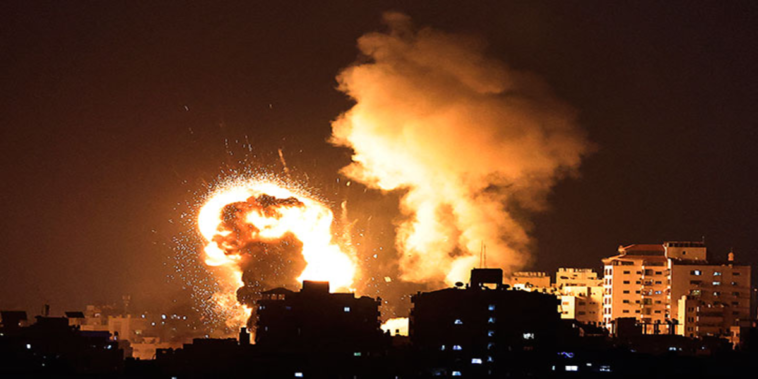Pakistan’s retaliatory airstrikes in Iran have escalated tensions between the two neighboring nations and jeopardized diplomatic relations.
Pakistan’s Retaliatory Airstrikes in Iran: Escalating Tensions and Jeopardizing Diplomatic Relations
At least nine individuals have lost their lives as a result of Pakistan’s recent retaliatory airstrikes in Iran, further escalating tensions and placing diplomatic relations at risk.
Executed by the Pakistani air force early on Thursday, these strikes specifically targeted suspected militant hideouts along the border shared by the two nations. The attacks were carried out in response to previous tit-for-tat strikes between both countries on Baluch separatist groups.
These airstrikes occur amidst ongoing conflicts in the region, compounding concerns about the preparedness of each nation’s military and amplifying the geopolitical implications involving key regional players such as China. The potential for escalation remains high as both Iran and Pakistan face internal political pressures while grappling with their own military capabilities and strategic considerations.
Internal Pressures and Timing: Factors Influencing Pakistan’s Decision to Strike Iran
The decision of Pakistan to carry out retaliatory airstrikes in Iran can be attributed to a combination of internal pressures and strategic timing. Firstly, Pakistan is currently facing internal political pressures as it prepares for a crucial general election scheduled for February.
This has likely influenced the government’s need to demonstrate its commitment to national security. Secondly, the timing of these strikes is significant as they coincide with ongoing conflicts in neighboring regions, such as Israel’s war on Hamas and wider unrest against Iran’s theocracy.
These factors have created a complex geopolitical landscape that may have influenced Pakistan’s decision to take military action against Iran.




